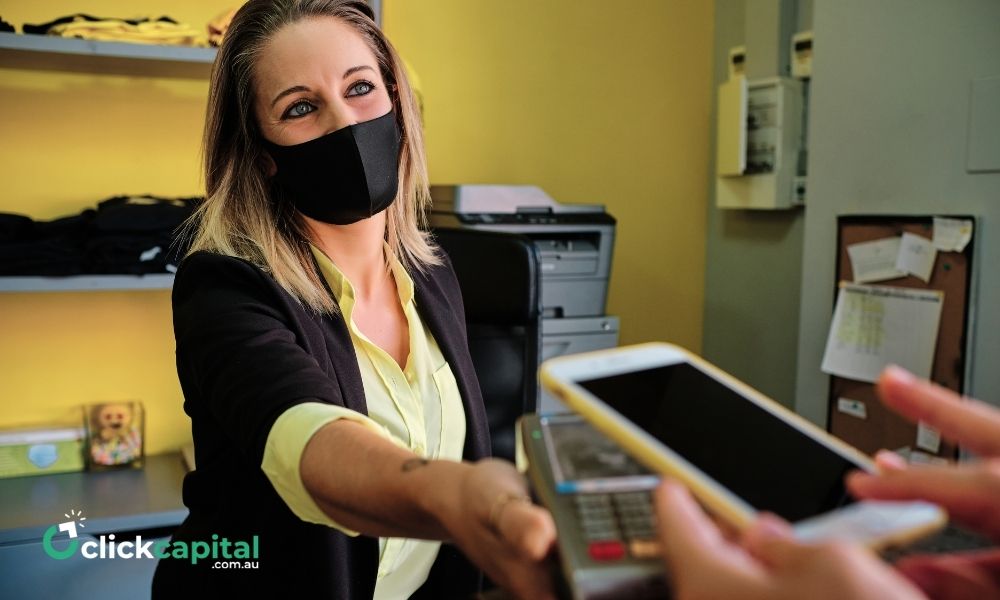Financial technology has greatly improved over time and the developments when it comes to security and the ease of transacting through cashless means have been greatly utilized all over the world for the past couple of years. Even before the COVID-19 pandemic hit in early 2020, businesses who have been going cashless have increased over the years. More so, when the pandemic hit, financial companies have been encouraging businesses and individuals to go cashless to maintain social distancing and to discourage physical contact through handling of cards and devices.
Businesses that went cashless have saved quite a lot of time and money. Whenever an employee handles cash from start to end of a transaction, that is a cost to the business. Credit card transactions charge fees whenever a transaction is made with it. Almost everything where the business handles cash entails cost. Cashless transactions also save the business time as it reduces the time set for going to the bank to deposit cash which sometimes may also entail deposit fee costs. Cashless transactions enable the businesses to save up on these fees and employee cost that adds up to the cost of doing the business.

During peak hours and seasons, businesses always have to deal with long queues and customers who are impatient and always in a hurry. Going cashless has enabled businesses to increase their efficiency during checkout periods with just a tap or swipe of a card. One can even pay via their mobile device or smartphone which is really convenient for both the business and the customer alike.
With the advent of a cashless way of doing business, this has brought about the emergence of an automatic paper trail for the banks and other financial institutions alike. We all know that most illegal transactions are done through cash and cash may easily be subject of money laundering by these scrupulous individuals who “clean” their money through illegal gambling operations or even by dealing with drugs. When everything is cashless, it makes it hard to launder money as there is a record of every money received and paid by your bank. The banks or financial institutions handling your money automatically generate a good paper trail of your transactions, making it easier to trace where your money came from and where it goes.

Travelers benefit a lot from cashless transactions. The difficulty of exchanging currency is lessened when you transact directly with your cashless mode of payment as these transactions automatically convert your current cash to the currency of the place where you are travelling. No need to go to a currency exchange center to have your cash converted. And in these times, a lot of smartphones may do the cashless transactions for you through your bank’s mobile app or payment modes such as PayPal.
The primary disadvantage of being a cashless business would be the possible exposure to technology risks and problems that may affect the overall operations of the business. It is important to get a cashless provider who will be able to handle your financial and personal data securely and safely.
Cashless business may exclude certain clients or customer base, especially to those who do not have access to electronic payment methods. There are still people who has not embraced this aspect of technology and being a purely cashless business may be seen as a form of discrimination and will limit the business’s prospects to new clients.

In every development and advancement in business methods, there will always be the pros and cons. Striking a balance and making sure that all bases are covered can make cashless businesses thrive and be accepted by a majority of customers.




